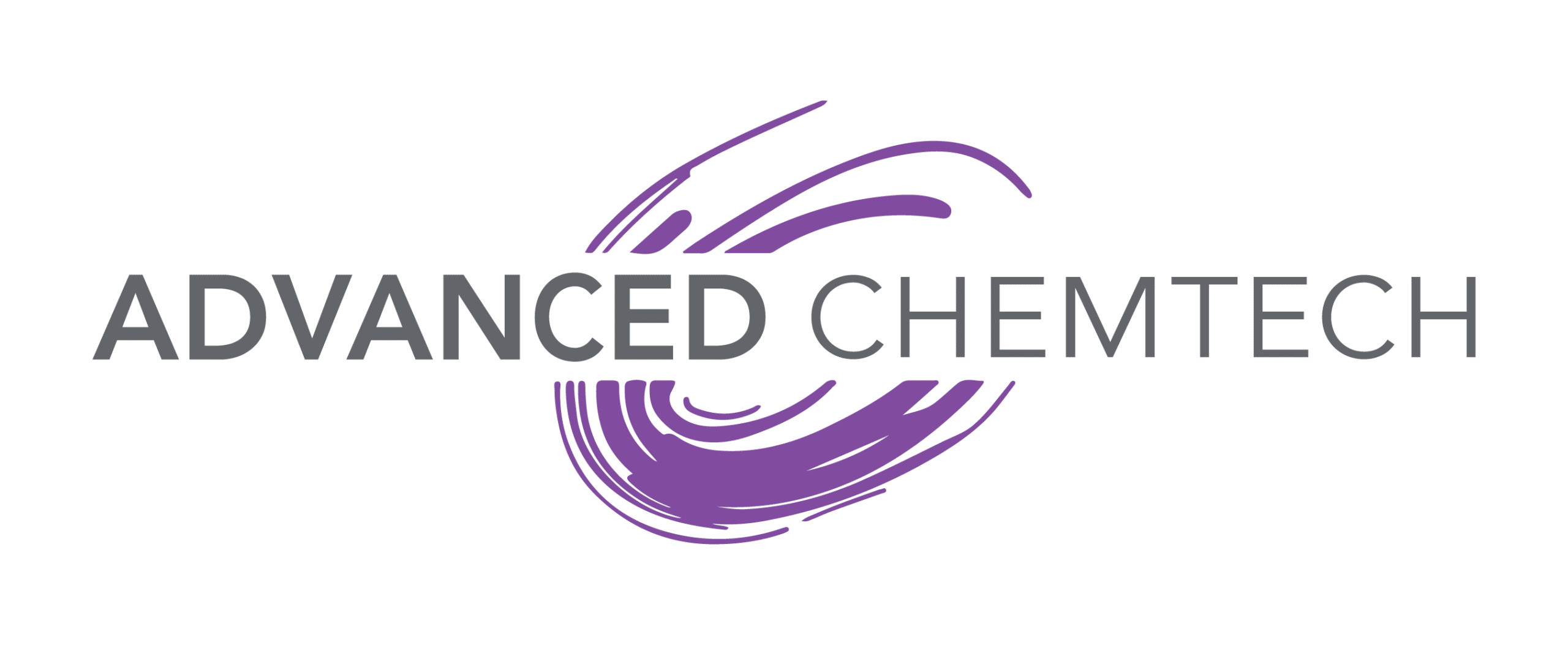With there being so many different types of chemistry out there, it can be difficult knowing what’s what. Aside from the fact they all comprise under the bracket of chemistry, obviously… however, what is analytical chemistry?
Analytical chemistry is the science of collecting and communicating data regarding the composition and structure of matter. In much more basic terms, this form of chemistry is focused on analyzing matter and determining how much of this actually exists.
This type of chemistry contributes massively to other types of science too, and, therefore, is one of the most popular forms of chemistry for professionals to go into. So, with this being said, this blog post will discuss this topic and role in more detail, highlighting what it is, what they do, and more.
Analytical chemistry solve various problems
As briefly touched upon already, analytical chemists solve various problems spanning across numerous industries. For example, this could include qualitative or quantitative analysis of various chemicals or equations, setting error limits, validating given results through calibration and standardization.
Example industries include other branches of chemistry and science, in general, all the way to marketing and gardening. That’s right; the range is massive!
What does an analytical chemist do?
Analytical chemists are involved in several different roles. For instance, they may look for new ways to create measurements, focus on innovative ways to present results to other scientists or find new ways to interpret data optimally. These are just a few roles of an analytical chemist, but there are many more, too!
Industry examples
To provide further insight into the role, we’ve gathered together a few industry examples:
- Assessing the safety of drinking water
- Ensure environmental regulations are met
- Supporting physicians in the diagnosis of diseases and viruses
- Providing various measurements for different industries
- Supporting legal processes with accurate data to reinforce a case or suit
- Working in academia (e.g. a school or college)
Analytical chemists can be both freelance or working directly for a company. The latter is usually the case. However, if you wish to go into this line of work, you can do both.
To conclude
Analytical chemistry is the process of collecting, analyzing, and delivering data to the right people. This role is extremely popular, but challenging and very rewarding. As a chemist, expect to work with numerous industries, whether law, marketing, gardening, or regular science – the opportunities are endless.
